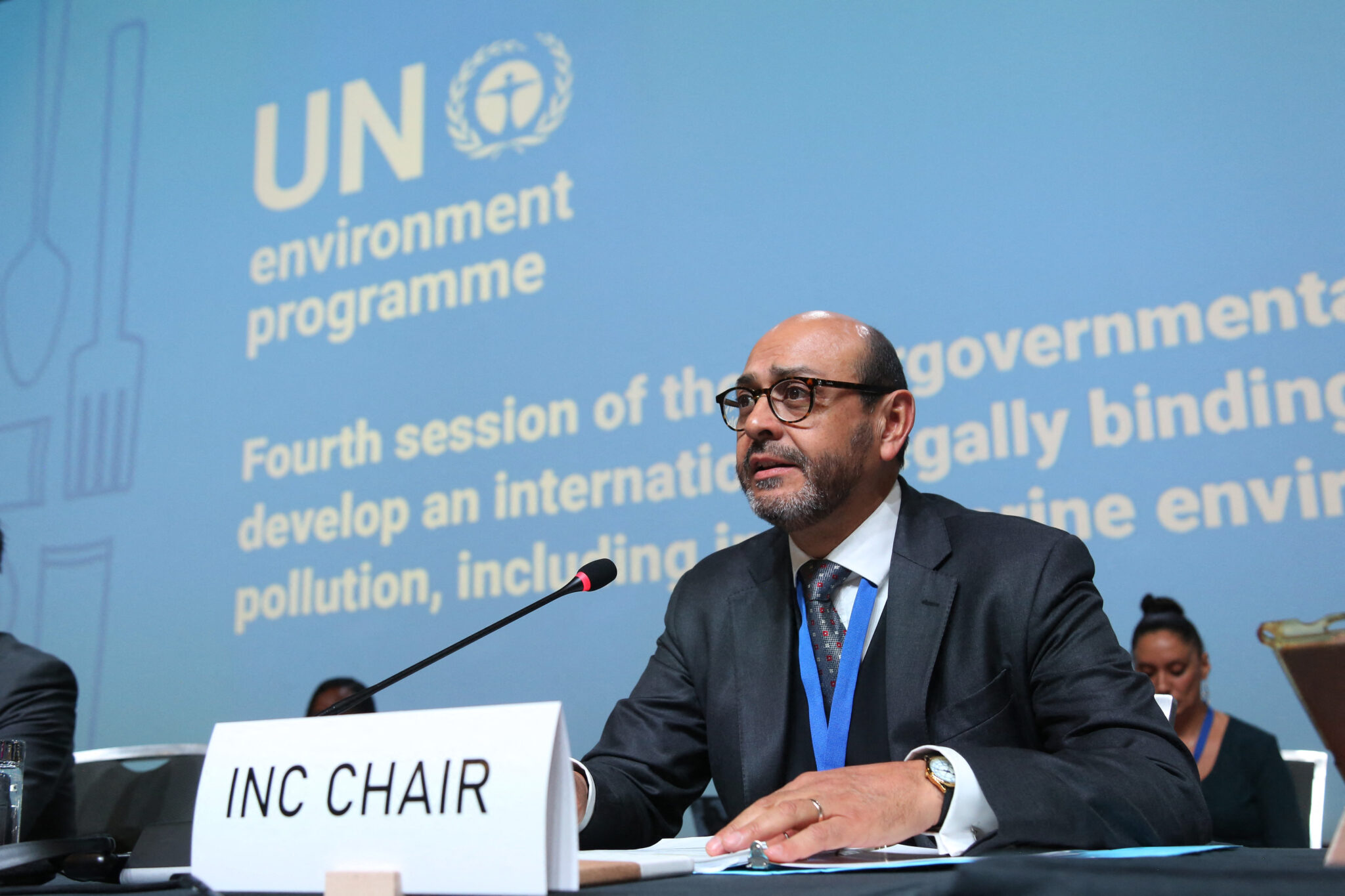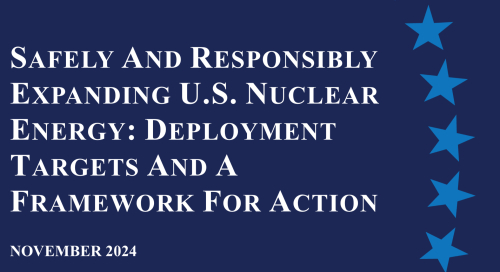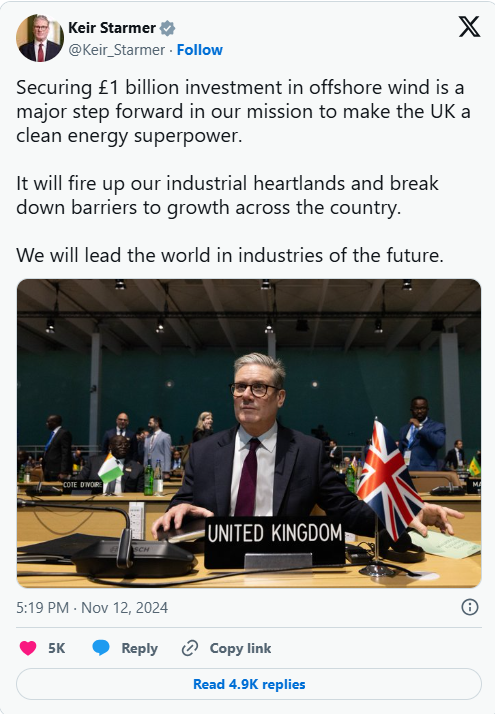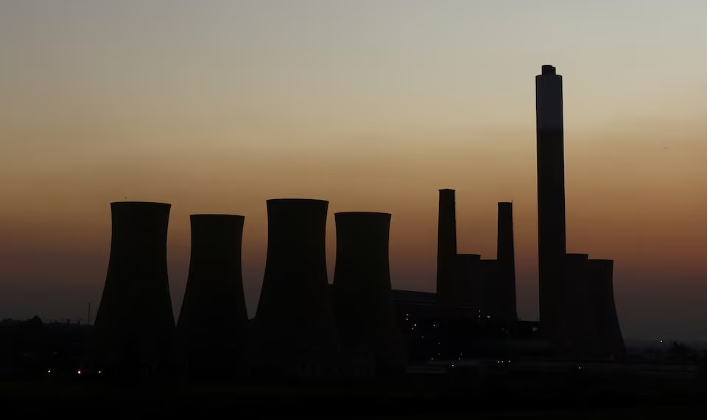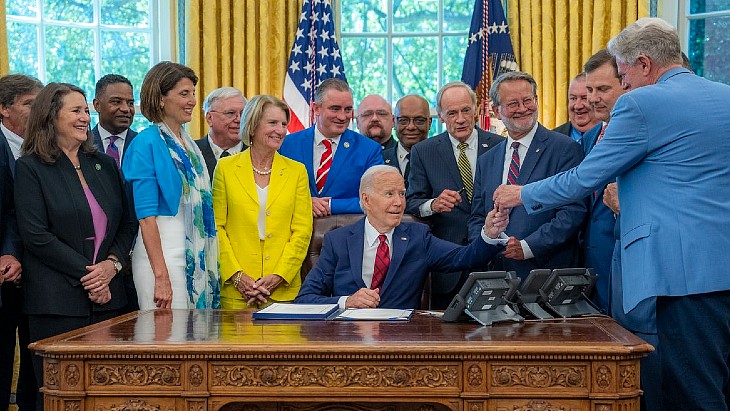Japan's leading business group has called for accelerated restarts of reactors, with the years spent offline to be added back onto their lifespans. The Japan Business Federation (Keidanren) called for clarity in energy policy beyond 2030 to support development of the power sector to reflect significant social change.
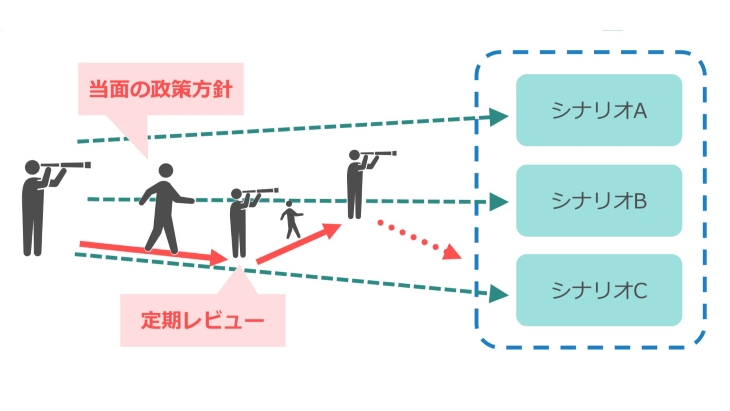
Keidanren calls for clarity in energy policy (Image: Keidanren)
In a report released today entitled Rebuild The Power System That Supports Japan, Keidanren underlined the importance of energy policy to the resource-poor country.
Energy is "the economic backbone of the nation" and so discussions on the country's energy future should be held in public, based on long-term perspectives, scientific information and modelling, it said.
Japan is in a "crisis situation" of low investment and in the electricity business it has stagnated, except in certain areas, such as nuclear safety measures, it said.
"Japan stands at a crossroads as to whether it can maintain the foundations of technology and industrial competitiveness built up as a small resource country and a technological nation," it said, adding that investment in R&D, generating reserve and new capacity construction had come to a halt.
In the current situation, it is challenging to maintain the pre-requisites of energy policy - secure supply, affordability and environmental acceptability, it said. Meanwhile Japan is expecting to evolve into what Keidanren called Society 5.0, whereby social problems can be solved using advanced technology, Japan's population will age and decline, while in common with other places it expects decentralised energy sources supported by digitalisation to become very significant in regional and national supply. A highly decentralised future could see great variety in Japan, given its geography, distribution of renewable sources and dense clusters of population and industry. If it is to be successful, such a system needs planning.
For these reasons the report calls for the government to provide clarity for energy policy after 2030, so that business can set "a timely and proportionate" investment strategy.
Nuclear power's role
Japan's current vision out to 2050 sees fossils remaining the mainstay of generation to be gradually replaced by renewables as they scale up alongside a reduced share of nuclear. However, the push for renewables through feed-in tariffs has created a "huge national burden" financially, said Keidanren, while renewable energy developers have not taken into account the burden that variable generation places on the grid.
At the same time, the upgrades to create a more flexible network are not limited, in part because overall electricity demand is growing only very slowly. The system should be completely reviewed next year according to schedules already announced by government, Keidanren said. The group would favour what it called feed-in premiums on top of market prices to encourage renewables to grow, while their environmental benefits are valued in another way.
Stating that "non-fossil power sources, i.e. nuclear power and renewable energy, are essential sources for decarbonisation, in response to the requirements of the Paris Agreement," and that "nuclear power is an essential energy source for Japan and the world to secure energy stably for the future," Keidanren called on the government to be more vocal in its support for nuclear energy.
The process to upgrade and restart reactors after the accident at Fukushima Daiichi in 2011 has been very slow, with nine units online at present. The government should "further strengthen its efforts to restart nuclear power plants whose safety has been confirmed, to clarify the long-term necessity of nuclear power, and to set a policy of nuclear replacement and expansion, said Keidanren. Furthermore, it called for "the rationalisation of regulations" and the acceleraion of inspections.
The eight-year period since the earthquake is equivalent to 20% of the nominal 40-year operation period of nuclear power plants, the group said.
Even if a nuclear unit's lifespan were extended to 60 years, it would have been idle for more than 10% of its entire operating period, it said, adding that reactor lifespans as long as 80 years are being studied in the USA.
An uncertain future for nuclear power would mean the loss of technological capability and human resources, it said. These are valuable assets for a country with scarce resources to pursue energy policy goals, it said.
